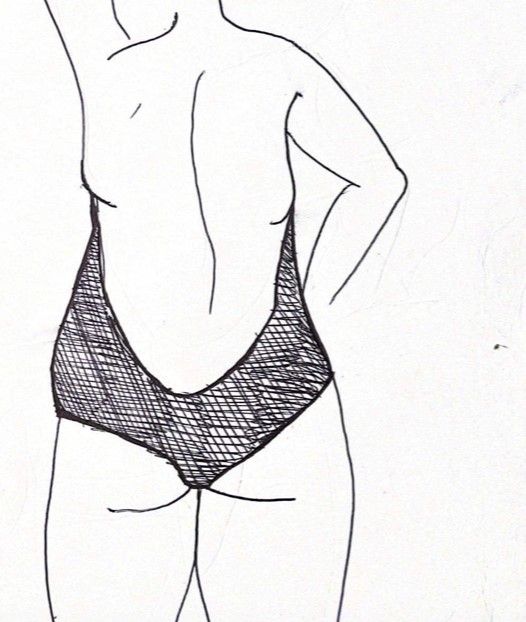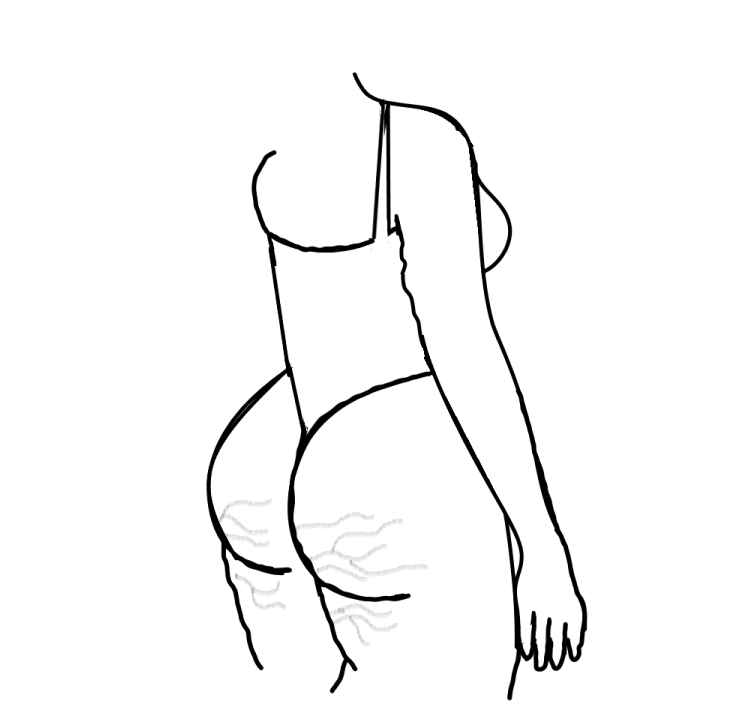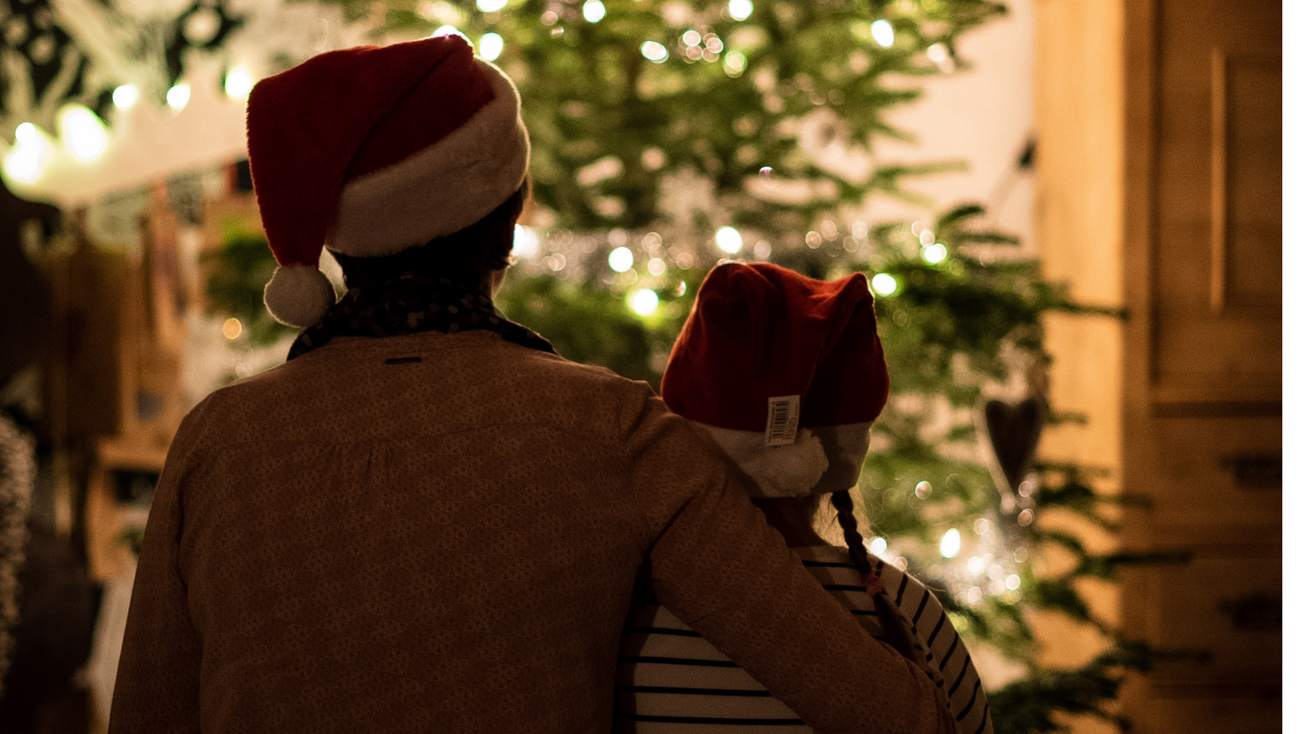By Nicole Quy, English Literature, Second Year
Trigger warning: mentions of eating disorders and calories
The Croft Magazine // While Christmas is a carefree, festive time for many, Nicole Quy discusses how it can be a more complicated time for those recovering from eating disorders.
Navigating eating disorder recovery, whatever the stage, is ambivalent at best in any season, so it comes as no surprise that during the festive season, a time characterised by a surplus of food, drink and a culture of indulgence, those of us working through our eating disorders may feel more strained than ever. Luxurious Christmas dinners, baking with friends, hot chocolates on cold nights: these are all seasonal rituals that many see as imperative to getting in Christmas spirit but, whilst pro-recovery Instagram accounts may begin to compile well intentioned lists of all the reasons to commit to absolute food freedom, including all the things you could miss out on if not, it's important to remember that any stage of recovery is utterly valid.

From many years of experience, I know that the process of recovering from an eating disorder, more specifically a restrictive one, is a tumultuous one. Never linear, there is no simple path to complete flexibility around eating, and to set such high expectations can be draining. As the festive season returns in full force after a rather unsociable hiatus in 2020, a propensity to relapse is likely to be on the rise amongst many of us, but there are ways to combat this. Asking friends or family whether you can enjoy activities that don’t revolve around food, such as watching festive films or going for a walk is a great way to avoid discomfort, and, to any of those reading who may know people who are still struggling with eating disorders, please bear with us if we ask for a plan of the day: this can be a great source of anxiety relief for those of us who still have quite figured out the whole intuitive-eating thing.

For the idea that Christmas is a time to treat yourself still holds truth: there is just no one definition for what ‘treating yourself’ may mean on a personal scale. The concept of being kind to yourself can still exist in the sphere of angst about recovery, whether this means deleted the infamous MyFitnessPal app or articulating to your loved ones that you might prefer a less intense structure around Christmas dinner- there is no wrong way to manage any overwhelming feelings.
How Halloween helped me love my body
Dealing with body image in lockdown
Of course, there are infinite reasons to begin and stay in recovery that hold merit year-round, and Christmas only adds to that list. Drinking at the markets, sitting down to a Christmas meal without the apprehension of how to compensate for calories, and trying limited edition festive snacks and drinks: these are all experiences that are far superior to staying home to obey any nagging ED rituals. But the space between this and full recovery is a spectrum, not a void. And so, as I write this sipping my eggnog latte, a drink I could never, and would never have even considered to allow myself for the past five years of the festive season, I want to remind you that you’re doing great, whatever stage you’re at.
If you or someone you know is struggling with an eating disorder, contact Beat on 0808 801 0677. Their helpline is open 365 days a year from 9am–midnight during the week, and 4pm–midnight on weekends and bank holidays, including Christmas and Boxing Day.
Featured Image: Unsplash / S&B Vonlanthen
How are you treating yourself this Christmas? Let us know!









